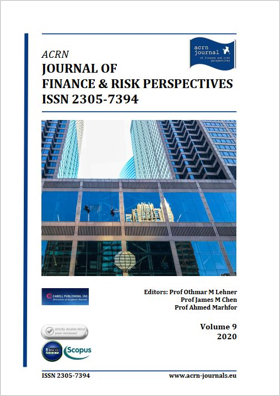
Ahmed Marhfor, Kais Bouslah, M’Zali Bouchra
Université du Québec en Abitibi-Témiscamingue
University of St. Andrews
Université du Québec à Montréal
Abstract
This research develops a new argument that departs from traditional theories that explain the potential impact of Corporate Social Responsibility (CSR) on Chiefs Executive Officers (CEOs) compensation. More specifically, we argue that if CSR investments provide value for firm’s shareholders and stakeholders, they can also decrease firm’s competitors’ value (negative externality hypothesis). As a result, inefficient CEO compensation may arise even if CSR choice allows managers to act in the best interest of firm’s shareholders and non-investing stakeholders. In sum, our new perspective indicates that excessive levels of CEO compensation are more than a principal-agent-stakeholder problem. In addition, our new theoretical argument suggests that voluntarily CSR should not be a relevant factor for achieving efficient levels of CEO compensation.
Keywords: Corporate social responsibility, CEO compensation, Negative externality, Market failure, Stakeholder`s management, Public interest theory
Back to Volume 9